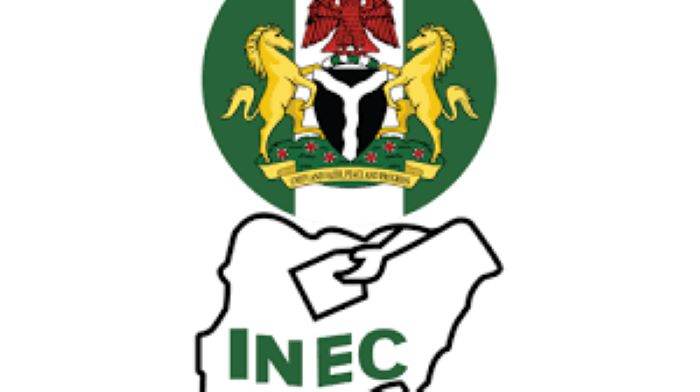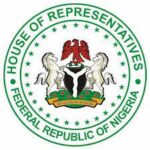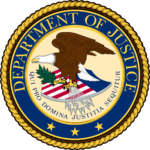By Myke Uzendu, Abuja
Ahead of Ondo and Edo States’ governorship elections, the Independent National Electoral Commission (INEC) has cautioned ruling party in the states against the use of the power of incumbency to deny opposition parties and candidates access to public facilities for rallies and other campaign activities.
The INEC National Commissioner and Chairman, Information and Voter Education Committee, Sam Olumekun, in a statement on Friday, said the issue has been a recurring problem over the years.
He said these actions often result in violent clashes among party supporters and a breach of public peace.
He said, “Over the years, a recurring problem in Nigeria’s electioneering process has been the use of the power of incumbency to deny opposition parties and candidates access to public facilities for rallies and other campaign activities.”
The national commissioner stressed that these include public buildings such as stadiums, open spaces in public places, total denial or restricted access to state-owned media (specifically radio and television stations).
The electoral body also decried the imposition of excessive levies and fees for outdoor and media advertising, and even the removal or vandalism of billboards and posters.
“For the avoidance of doubt, the Commission wishes to reiterate that Section 95(2) of the Electoral Act 2022 prohibits the use of state apparatus to ‘the advantage or disadvantage of any political party or candidate at any election’.
“Furthermore, under Section 95(3-5), it is obligatory for public media houses to allot equal coverage and visibility to all parties and candidates.
“Section 95(6) provides sanctions against heads of public media organisations, their principal officers and other officials for contravention” it reiterated.
Olumekun added that a publication containing the Commission’s guidelines for the conduct of political rallies, processions and campaigns is already uploaded to the Commission’s website (www.inecnigeria.org) and on its social media platforms.
The commission called the attention of stakeholders to the provisions of the law and the guidelines for strict compliance.



